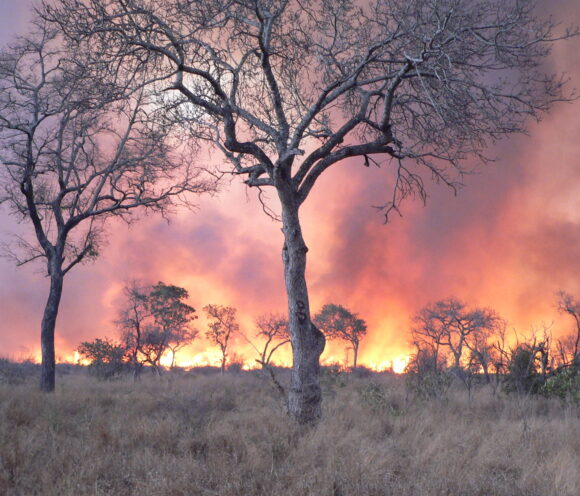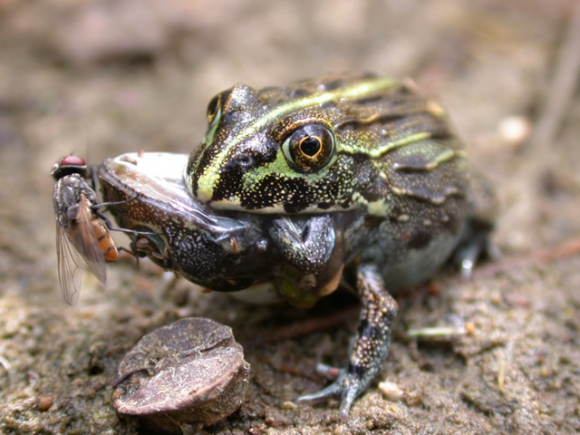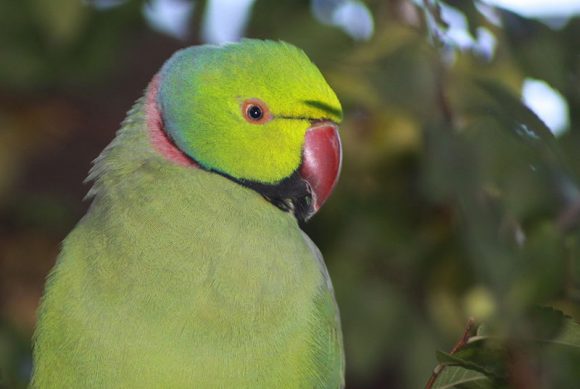Birds are important role-players in the spreading of seeds from the invasive tree Rooikrans (Acacia cyclops). The birds are especially attracted to the bright red fleshy stalks that surround the seeds. Between 1991 and 2002, conservation authorities used biological control to reduce Rooikrans stands and seed production. While the biological control was successful in reducing seed production, the question now remains – will birds stop visiting trees with low seed numbers, or will they return and continue to spread Rooikrans?
A recent study by the Dr Thabiso Mokotjomela, together with John Hoffmann (University of Cape Town) and C·I·B core team member Colleen Downs (University of KwaZulu Natal), used field experiments with caged birds to see if birds disperse the seeds from remaining Rooikrans stands.
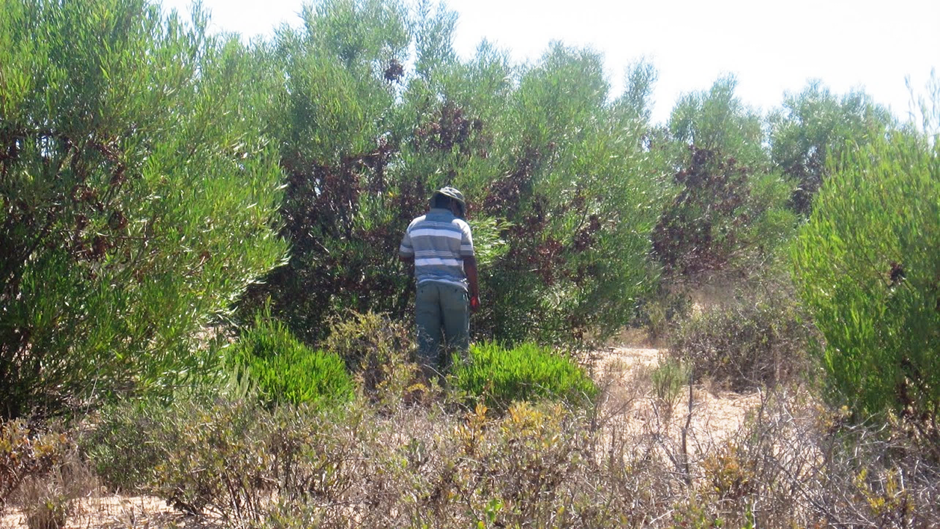
Thabiso found that birds indeed removed and dispersed seeds from remaining Rooikrans stands. He further found that seeds eaten by the granivore Red-eyed Dove (Streptopelia semitorquata) and the frugivores Knysna Turaco (Tauraco corythaix) and Red-winged Starling (Onychognathus morio) had higher germination rates, but not the granivore Laughing Dove (Streptopelia senegalensis). Granivores are animals and birds that feed on seeds, while frugivores are fruit eaters. Thabiso also examined how the body size of birds influence the germination of seeds. No relationship was found between the birds’ body sizes and the time for which the seeds stayed in the gut. This means that the birds’ body sizes could not be used to predict the length of seed retention time in the gut and thus how far seeds might be dispersed.
Thabiso explains “Even though there were less seeds available for the birds after using biological control, the birds continued to eat and spread the remaining Rooikrans seeds. Our next step is to use mini GPS transmitters to track the movements of bird species that eat Rooikrans seeds. This will show us where and how far the birds spread the seeds,” says Thabiso Mokotjomela.
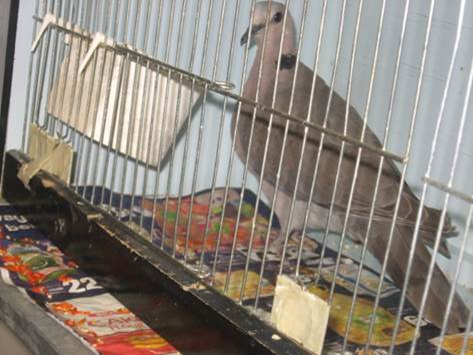
Read the paper
For more information, contact Thabiso at thabiso.mokotjomela@wits.ac.za

